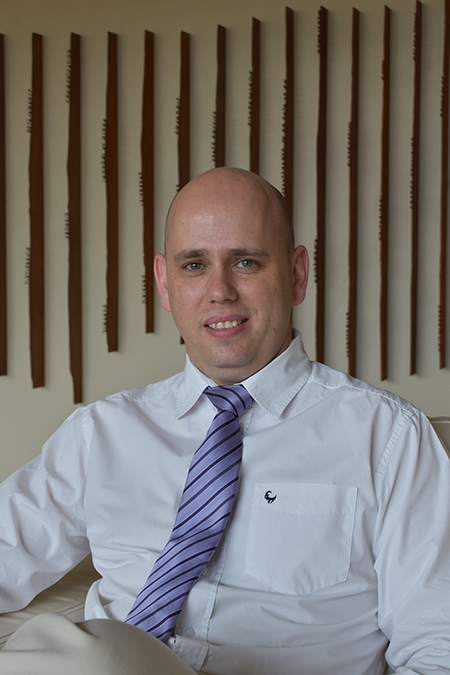When it comes to the quality of medicines, there can be no compromise. This is why the North-West University’s (NWU’s) Research Institute for Industrial Pharmacy®, incorporating CENQAM®, is a trusted partner of the World Health Organisation (WHO).
The institute houses a WHO Collaborating Centre for the Quality Assurance of Medicines, which develops and validates analytical test methods for the quality screening of medicines.
“To develop these standards and guidelines we have to do intensive research because it impacts the quality of medicines throughout the world,” says Dr Marius Brits, director of the WHO Collaborating Centre.
The centre has just joined the African Medicines Regulatory Harmonisation partnership platform (AMRH_PP) of the New Partnership for Africa’s Development (NEPAD) to help advance effective regulation of medicines in Africa. Its researchers will work in collaboration with the School of Pharmacy in the Faculty of Health Sciences.
Dr Brits says the AMRH_PP is intended to serve as a strong co-ordination mechanism to enhance efficiency and effectiveness in the implementation of the African agenda to strengthen and harmonise systems for regulating medical products. “It will achieve this through optimal co-ordination of the different partners and stakeholders providing regulatory support on the continent.”
AMRH_PP is strategically established to provide a platform to increase collaboration among different stakeholders that support medicines regulatory work in Africa, he says. “It will foster a sense of mutual responsibility, transparency and accountability, share the impact and minimise duplication.”
Dr Brits says he is extremely proud of the successes the team has achieved in training regulatory officials and quality control laboratory personnel.
“At this moment we are providing extensive regulatory systems strengthening support through training in Zambia for the country’s Medicines Regulatory Authority. This project is funded by the European Union under the Health Strengthening Systems Programme.”
The centre has also worked successfully in Botswana and Namibia.
“It is really satisfying to know that we do make a difference, not only through training and providing assistance in establishing quality guidelines and specifications, but also in the lives of millions of people who take medication daily.”
Dr Brits is also a technical advisor of the WHO Expert Committee on Specifications for Pharmaceutical Preparations, and member of the British Pharmacopoeia MC2.

Dr Marius Brits
